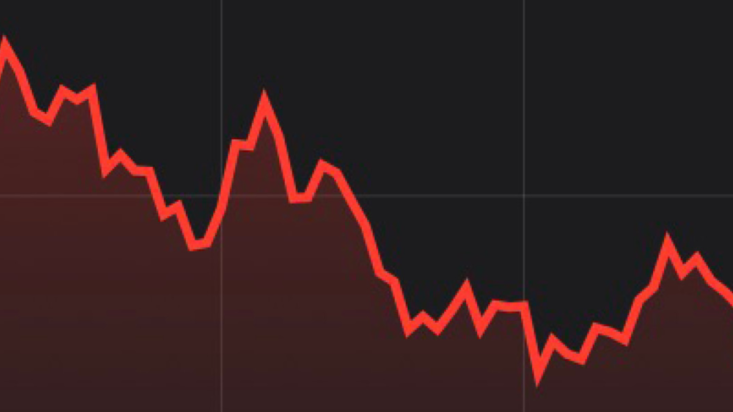Reporting Wrap: CSL, Redbubble & Magellan
CSL is ready to rebound
CSL’s profit fell for the first since 2016 as the business suffered for a second year from constrained plasma collections.
The pandemic has pressed the brakes on plasma supply, as blood centres were closed or donors were reluctant to venture unnecessarily outside the home. Government stimulus also meant lower-socio-economic donors opted to skip donations.
Net profit decreased 6 per cent to US$2.26 billion in FY22 while the total full-year dividend remained steady at US$2.22 (AU$3.17).
CSL Seqirus, which houses influenza vaccine treatments, saw an uptick in demand as a heightened awareness of viruses led to a greater desire for preventative medicines. Subsequently, gross profit increased 16 per cent to US$1.15 billion.
However, this wasn’t enough to offset the decline in CSL Behring. The division actually increased plasma collections by 24 per cent, but this came at an increased cost and treatment lead-times mean it takes months for new supply to flow through. As a result, gross profit from blood and other rare diseases fell 4 per cent to US$4.58 billion.
CSL is forecasting a return to growth in FY23, guiding for net profit from US$2.4 to US$2.5 billion. This excludes earnings or costs from the recent acquisition of Vifor.
The headwinds it faced over the past two years will soon become tailwinds, as patients return to clinicians and the rising cost of living encourages increased donations.
Redbubble bursts
Shares in online retailer Redbubble plunged 37 per cent in one trading day after the business extended its medium-term financial targets by three years.
Redbubble had previously announced it would reach sufficient scale via $1.25 billion in revenue and operating margins of 13-18 per cent by 2024. This has now been pushed out to FY26-FY27 heightening investors’ fears it may not be able to reach its lofty growth ambitions.
Exacerbating the share price decline was a swing from a $31.2 million profit in FY21 to a $24.6 million loss in FY22 as it invested in growing headcount and expanding its platform.
The company recorded a 13 per cent decrease in marketplace revenue to $248.6 million. The rising cost of goods from logistics and fabrics inflation led to a 39.6 per cent drop in gross profit to $183.1 million.
Redbubble noted it passed through a 6 per cent base price rise during May to offset some of the pressure. However, the biggest concern facing the business is the decline in active members, which fell 7 per cent compared to last year.
Redbubble has clearly lost the market’s confidence and will need to return to meaningful growth in FY23 if it expects investors to back its medium-term strategy.
Further pain ahead for Magellan
Embattled fund manager Magellan delivered a 44 per cent profit increase to $383.0 million. However, was largely due to a one-off $148 million tax expense in the prior year which hid a deterioration in the underlying business.
Earnings before tax from the core funds management business fell 11 per cent to $470.6 million, with client outflows and sub-par investment performance impacting fees.
Magellan declared a final dividend of 68.9 cents per share, a 32.8 per cent decline on the prior year. Total distributions for the year declined 15 per cent to $1.79.
It’s been a turbulent year for the business, which had its CEO and CIO exit the business in addition to its biggest client redeeming a $23 billion investment mandate. Magellan has come under increasing scrutiny after investment returns in the flagship Global Equity strategy began to trail its benchmark over increasing time periods.
Subsequently, funds under management have fallen from $133.9 billion to $60.2 billion. The full effect of redemptions won’t be felt until FY23 given the majority of redemptions occurred in the second half of the year.











